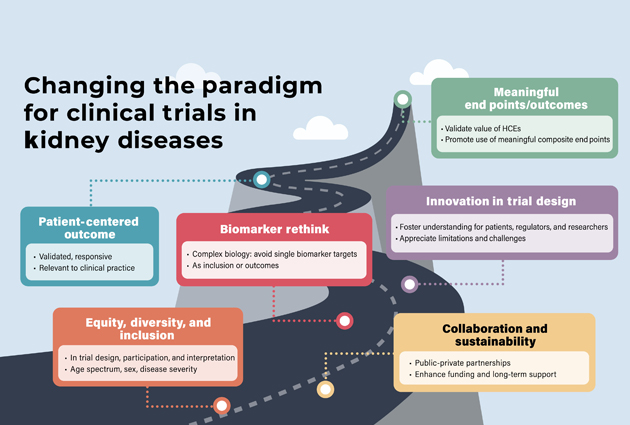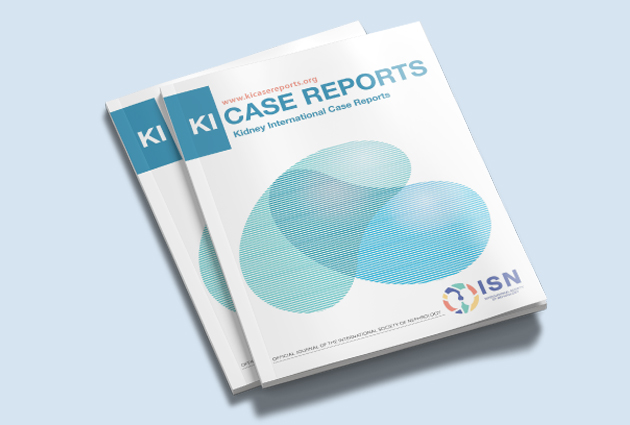STOP KIDNEY DISEASE INITIATIVE – the effect of diet on CKD
Chronic Kidney Disease (CKD) is the fastest growing chronic non-communicable disease caused by modifiable lifestyle risk factors as discussed previously, CLICK HERE. It is important to highlight the effect of dietary habits on the onset and progression of CKD.
Positive caloric balance (consuming more calories than are burned daily) has a negative impact on onset and progression of CKD through increased incidents of obesity, diabetes (DM) and hypertension (HTN). These are the most important risk factors for CKD. In a recent study, intensive lifestyle intervention in obese diabetics resulted in a 21% reduction in severe CKD after about eight years.
A high salt and sugary diet has a negative consequence on HTN and DM respectively. Modest salt restriction has been shown to decrease protein excretion and lower HTN in African Americans, with a resultant slowing down of CKD progression.
Lowering protein intake to 0.8 gm/kg/day resulted in slowing down the progression of CKD in several trials versus normal adult requirement of protein (1 gm/kg/day).
Western-style diet, high in red and processed meats, refined grains and sweets, was associated with increased urinary protein leak and a more rapid decline of kidney function in an influential health study involving nurses. On the other hand, the Dietary Approaches to Stop Hypertension (DASH) diet was associated with a slower decline in the same study. The acid load of western diet is considered inflammatory and deleterious as opposed to the alkali in the DASH diet.
In the Dietary Approaches to Stop Hypertension trial, HTN was improved within eight weeks by the DASH diet. This National Institute of Health (NIH) sponsored diet, a great public health tool, has been adopted by several professional organizations.
It is high in fruits and vegetables that are low in sodium, high in alkali, potassium, magnesium and fiber. It includes a moderate amount of low-fat dairy products providing calcium and protein; poultry, fish for animal protein; legumes and nuts for plant based protein and whole grains. It reduces blood pressure by 8 to 14 mm Hg on an average, independent of weight loss, and is particularly helpful in African Americans who are more sensitive to salt intake.
This diet cuts down the risk of developing CKD significantly as well as slowing down disease progression. In advanced stages of CKD, potassium, phosphorus and magnesium are retained by the kidneys; the DASH diet, which is high in these substances, can be dangerous in advanced CKD. It may be argued that it may be too late attempting to slow down the progression of advanced CKD anyways. During this National Kidney Month, I recommend the DASH diet at least in early stages of CKD.








